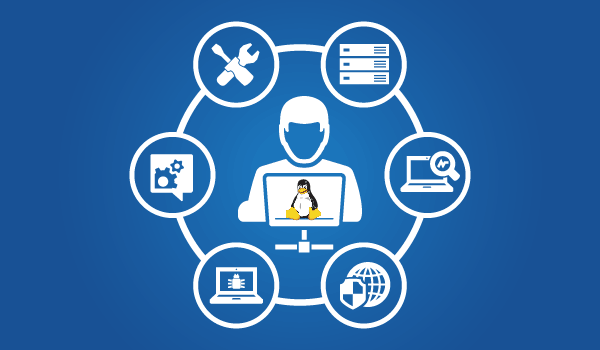A Linux administrator's fundamental duty is to install and set up Linux systems and servers, regularly for organization-wide deployment. They develop servers and work with individual clients to guarantee that the system works properly and rapidly and answer queries related to set up and installation.
The number of job promotions calling some knowledge on Linux has risen by about 100 percent over the last year. While that trend is probably going to continue, the number of IT experts with verified Linux skills and knowledge hasn't risen relatively. There's a notable gap between the demand for qualified Linux experts and the number of workers available to satisfy that need.
In past years, many businesses haven't put a lot of stock in Linux certifications and in this way, there has been little demand for them. It's also the situation that many of the Linux openings publicized will, in general, be for highly technical job roles, for example, software programmers and developers - skills well beyond the level of testing required for some Linux certifications.
The Top Linux Credentials:
1. Red Hat Certified System Administrator (RHCSA) credential
2. Linux Foundation Certified System Administrator (LFCS) credential
3. SUSE Certified Administrator (SCA) in Enterprise Linux
4. CompTIA's Linux+ credential
The skills tested here have broad application for anybody seeking after a profession in Linux or server administration. The exam includes a bunch of scenario-based and performance-based questions rather than depending entirely on a battery of multiple-choice questions.
Employers will look out job candidates with these certifications since they can be expected to know how to do general everyday tasks and duties related to Linux system administration.
The organizations look for DevOps Engineers who have Strong experience of Linux-based infrastructures, Linux/Unix administration, and AWS.
 |
| Linux Server Admin Image Source: Edureka |
The number of job promotions calling some knowledge on Linux has risen by about 100 percent over the last year. While that trend is probably going to continue, the number of IT experts with verified Linux skills and knowledge hasn't risen relatively. There's a notable gap between the demand for qualified Linux experts and the number of workers available to satisfy that need.
In past years, many businesses haven't put a lot of stock in Linux certifications and in this way, there has been little demand for them. It's also the situation that many of the Linux openings publicized will, in general, be for highly technical job roles, for example, software programmers and developers - skills well beyond the level of testing required for some Linux certifications.
The Top Linux Credentials:
1. Red Hat Certified System Administrator (RHCSA) credential
2. Linux Foundation Certified System Administrator (LFCS) credential
3. SUSE Certified Administrator (SCA) in Enterprise Linux
4. CompTIA's Linux+ credential
The skills tested here have broad application for anybody seeking after a profession in Linux or server administration. The exam includes a bunch of scenario-based and performance-based questions rather than depending entirely on a battery of multiple-choice questions.
Employers will look out job candidates with these certifications since they can be expected to know how to do general everyday tasks and duties related to Linux system administration.
The organizations look for DevOps Engineers who have Strong experience of Linux-based infrastructures, Linux/Unix administration, and AWS.
Comments
Post a Comment